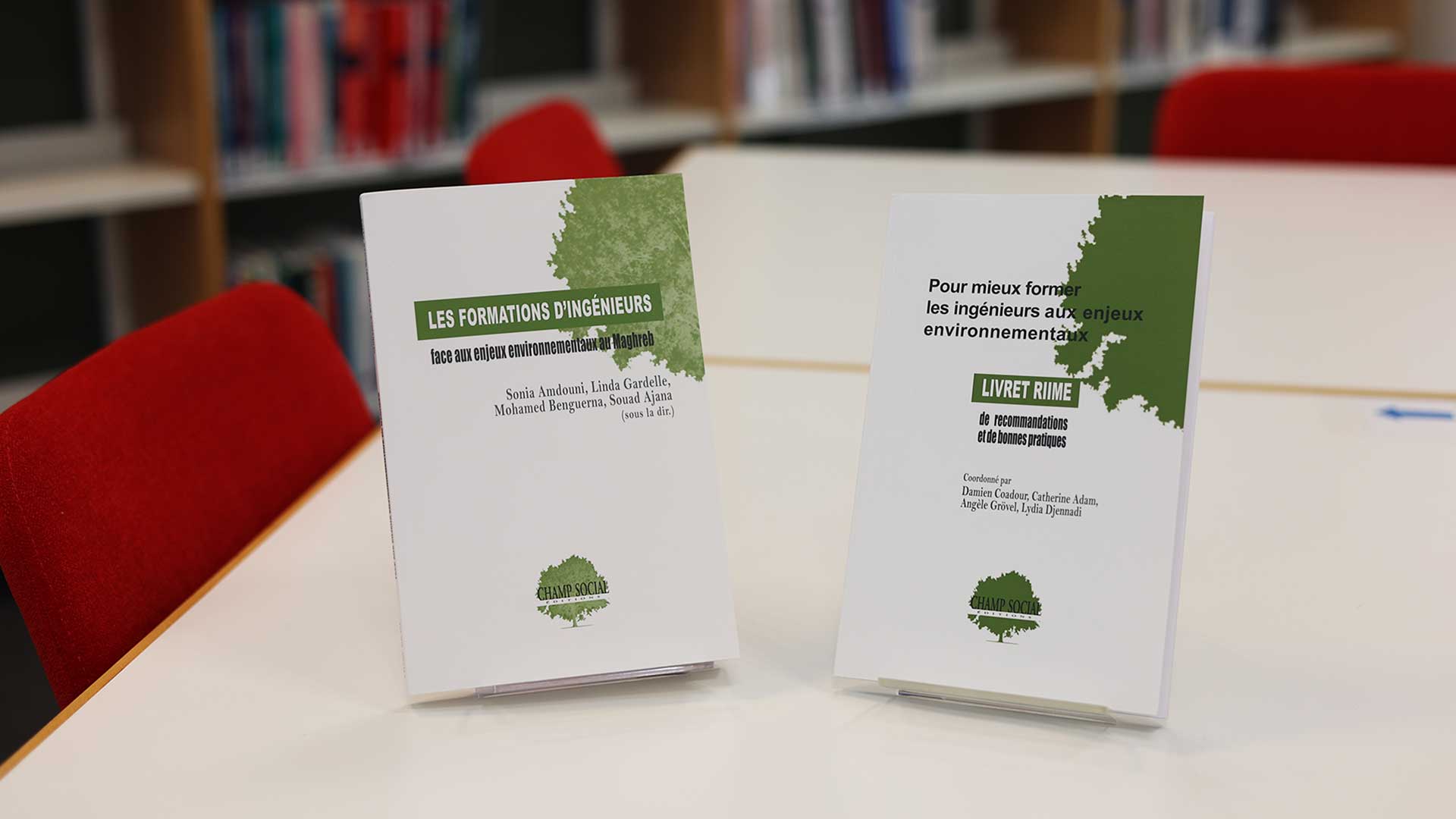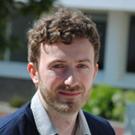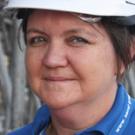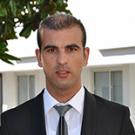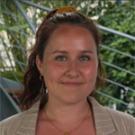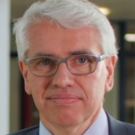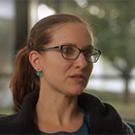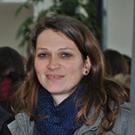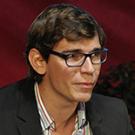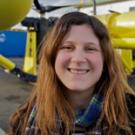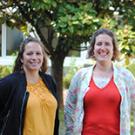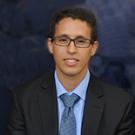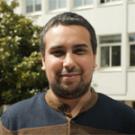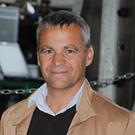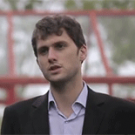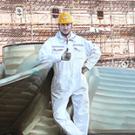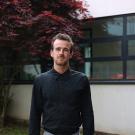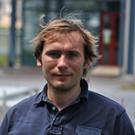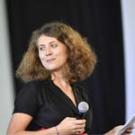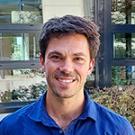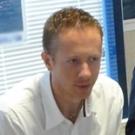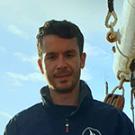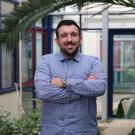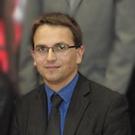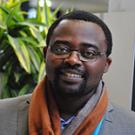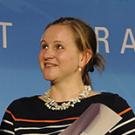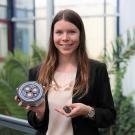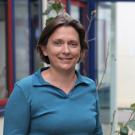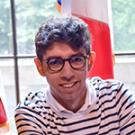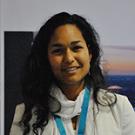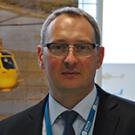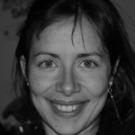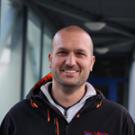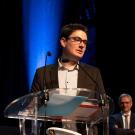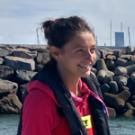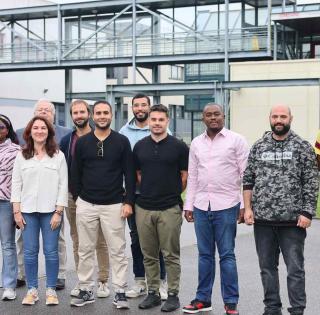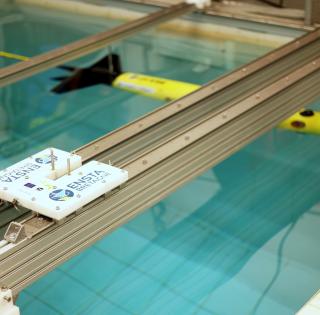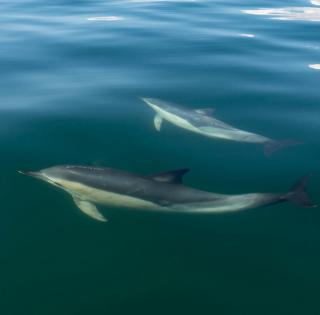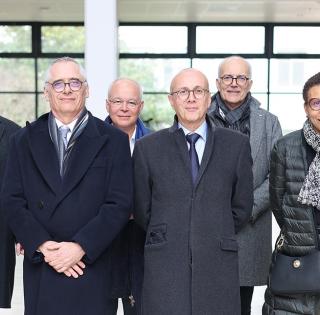
Book: Engineering education in the face of environmental challenges in the Maghreb
Edited by Sonia Amdouni, Linda Gardelle, Mohamed Benguerna, Souad Ajana
The Maghreb countries are facing multiple, increasing environmental challenges that call for the training of engineers prepared to meet the multifaceted, large-scale socio-technical challenges posed. What transformations are taking place in the Maghreb to meet these challenges?
This dual-book has two main aims. On the one hand, it aims to analyze how engineering education responds to the required ecological transition. Surveys have been conducted in Morocco, Algeria and Tunisia regarding various aspects (teaching, economic, political, etc.) that affect the training of engineers in environmental responsibility. Is there a desire to make future engineers more aware of environmental issues? Are we seeing changes in curricula? By whom is it driven, and by what is it held back? How can we analyze the current balance of power in higher education? How are changes being implemented? What successes and obstacles have been identified? The 6 chapters of the book provide answers to these questions, by harnessing research work done in the field. While the approaches deployed, and the questions raised by this research and the results, specifically concern the Maghreb, they echo the questions that are also raised in France and Europe. This book therefore provides useful insights and answers for researchers working in other geographical areas on this subject which is central to challenging social issues.
Practical booklet: Booklet of recommendations and best practices to better train engineers in environmental issues
Coordinated by Damien Coadour, Catherine Adam, Angèle Grövel, Lydia Djennadi
The RIIME booklet of recommendations and best practices sets out practical solutions for improving the training of engineers in environmental issues.
It provides avenues for action on various scales. First of all, it lists guidelines and recommendations concerning governance (aimed at decision-makers and institutional managers) in order to make engineering training evolve towards better consideration of environmental issues. It then proposes practical examples of teaching and educational schemes.The socio-based training approach set out in this guide allows the actors concerned to understand and adopt the practices identified according to their practical problems and to tailor them to very diverse contexts.
It therefore does not involve fixed recipes or "ready-to-use" solutions. The intention is to offer advice based on practical experience but with the particularity of being transposable in other contexts. Each user will be able to adopt and tailor the proposals for their own applications, in order to encourage future engineers to develop projects based on regional or national specificities. For example, how to imagine waste recycling solutions that are beneficial to the population of a large city in the Maghreb while being economically viable? Or how to think about improving the living conditions of Saharan populations through straightforward, accessible, light and ecological technologies?
The dynamic nature, diversity and complementarity of the initiatives presented allow the educational independence of educational actors to be preserved. Specifically intended for training in the Maghreb, and established with the idea that it be easily disseminated and adopted, this booklet could also be a source of inspiration for other French-speaking actors in higher education (in Africa, in France, or elsewhere).
Finally, this dual booklet sets out examples of analysis (in 6 chapters) in order to better understand the environmental challenges facing the Maghreb from the perspective of the training of those who will have to meet them, i.e. the engineers, and proposes courses of action (booklet) for the training of these engineers.
Auteurs et coordonnateurs :
Sonia Amdouni est docteure en sociologie et chercheure au laboratoire FoAP (Formation et apprentissages professionnels). Ses travaux portent sur la transformation des métiers en France et au Maghreb.
Linda Gardelle est enseignante-chercheure dans l’équipe Formation et professionnalisation des ingénieurs (FPI) au sein du laboratoire Formation et apprentissages professionnels, et est responsable du département Sciences humaines et sociales de l’ENSTA Bretagne, école d’ingénieurs et centre de recherche à Brest, France. Ses travaux portent sur les formations d’ingénieurs en Europe et au Maghreb.
Mohamed Benguerna est sociologue des organisations, directeur de la division de recherches "Firmes et économie industrielle" et président du conseil scientifique du "Centre de Recherche en Economie Appliquée pour le Développement" (CREAD, Alger, Algérie). Il réalise des études sur la formation des cadres en Algérie.
Souad Ajana est professeure et chercheure dans une école d’ingénieurs, l’ENSEM à Casablanca, Maroc. Elle est responsable de l’équipe de recherche sur la formation en sciences de l’ingénieur du Laboratoire de recherche en ingénierie, Université Hassan II de Casablanca.
Catherine Adam est enseignante-chercheure dans l’équipe Formation et professionnalisation des ingénieurs (FPI), au sein du laboratoire Formation et apprentissages professionnels, à l’ENSTA Bretagne, Brest, France. Elle s’intéresse aux questions de dispositifs de formation et de processus d’apprentissage. Elle est également auteure de plusieurs ouvrages et manuels pédagogiques.
Damien Coadour est enseignant-chercheur dans l’équipe Formation et professionnalisation des ingénieurs (FPI), au sein du laboratoire Formation et apprentissages professionnels, à l’ENSTA Bretagne, Brest, France. Il s’intéresse en particulier aux liens entre établissements de formation et entreprises et à l’éco-innovation.
Angèle Grövel est docteure en sociologie, membre associée au LABERS (Université de Bretagne occidentale) et chercheure à l’Ecole navale, Brest, France.
Lydia Djennadi a soutenu sa thèse en 2021 en co-tutelle internationale entre la France et l’Algérie, en sciences de l’éducation et de la formation, au Conservatoire national des Arts et métiers (Cnam), Paris, France, et en sciences de gestion à l’ENSM Alger, Algérie. Sa thèse portait sur les finalités, contenus et démarches pédagogiques des écoles d’ingénieurs en Algérie face aux enjeux environnementaux.






